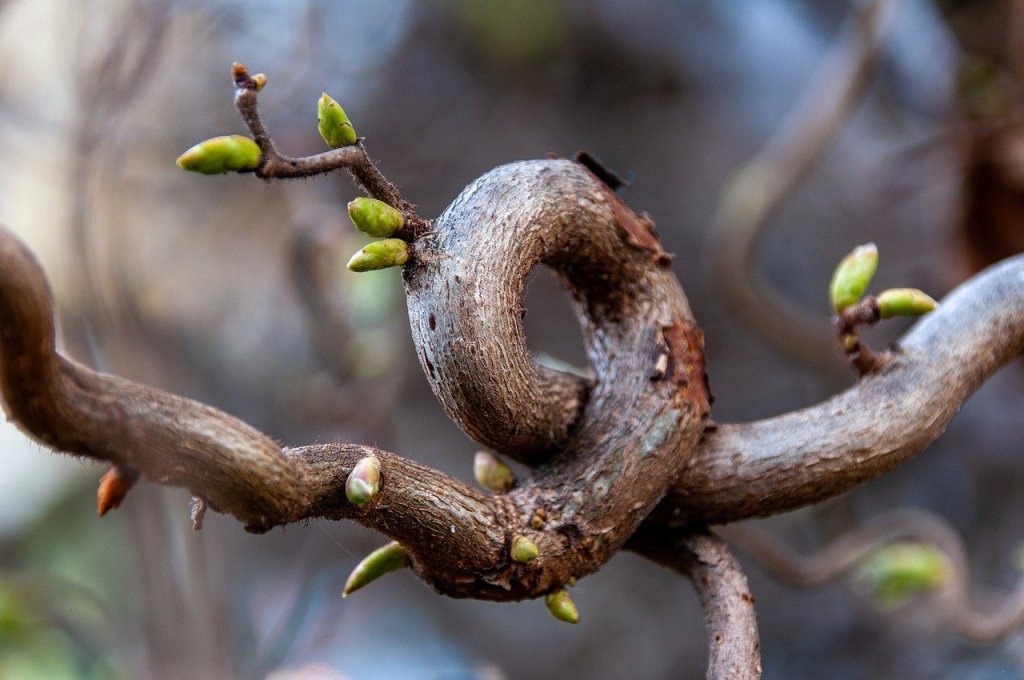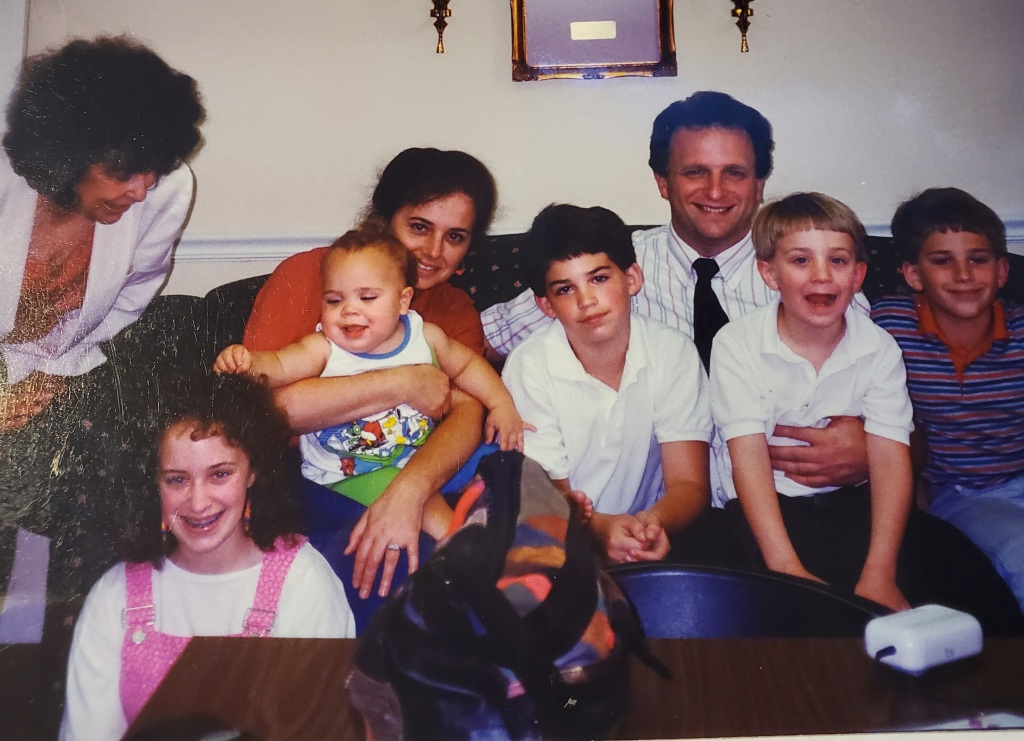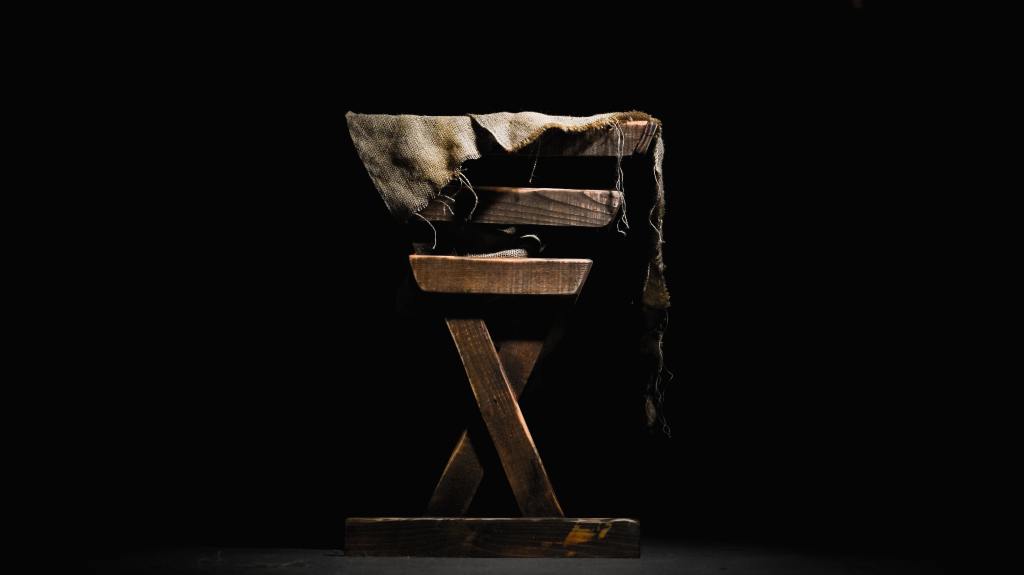Photo from Pixabay
Outside my window, a tree is blooming. The flowers appeared suddenly, but the process began during the cold, dark days when the tree looked dead. Programmed to respond to an almost imperceptible increase in daylight, the tree’s “on switch” was flipped before change was visible. The same thing happens to us when we respond to light during periods of darkness.
My husband was diagnosed with cancer in 2011 and died a year later. After 34 years together, my fellow traveler finished his race triumphantly and exited the course, leaving me to run alone. Actually, I did not so much run as stagger. When I lost the relationship, I also lost my rhythm.
Suddenly, life was out of sync; “normal life” was obliterated. There was no point in searching for a way around sadness; I was stuck with it. A well-meaning friend gave me a book on grief’s stages, which was of no benefit; I already knew the labels. Telling someone their leg is broken without helping them repair it is not much help. But I didn’t blame her. I knew there would be no quick fix for what was broken–no resuscitation of, or replacement for the excised earthly relationship. The only hope I had was to cultivate an even deeper alliance with the Giver of life and light.
One can know God as creator and savior without knowing Him as friend, but, astonishingly, He invites us to this kind of relationship. Friendship is a serious thing though, requiring trust and energy investment. It also takes time to get to know someone–especially when that someone is infinite. Intimacy with God does not happen overnight.
When I consider it, I am amazed that God condescended to engage in a friendship with me that I initiated because I was lonely and desperate. After all, who in his right mind wants to be the consolation prize? I only know this: that God offers friendship to those who want it enough to pursue it. So Jesus’ question, “What do you seek?” becomes a matter of critical importance. In grief, we can either choose to remain dormant, or we can choose to grow. If we want to grow in winter time, it is essential that we, like the tree, respond to the Light.










